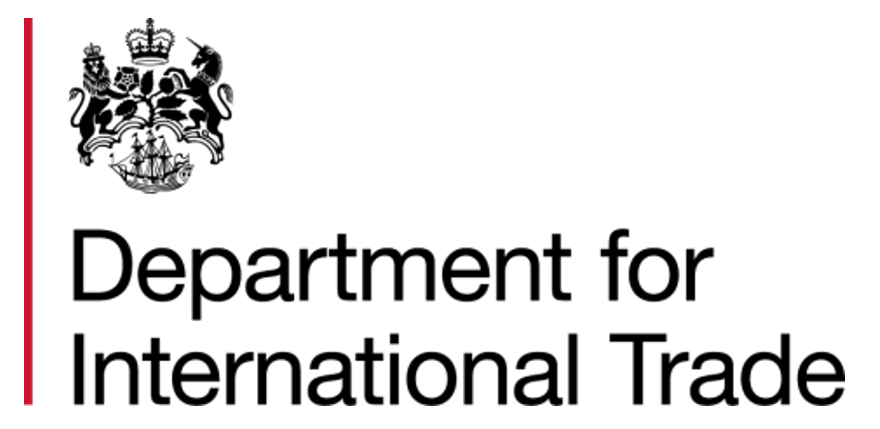A package of measures to help businesses in England build back better following the pandemic has been announced by the Government.
The Department for International Trade’s (DIT) Export Growth Plan provides additional financial support and expertise, some of which is targeted towards specific regions that are most in need.
The plan includes a £38 million Internationalisation Fund for small businesses, which will help up to 7,600 SMEs in England grow their overseas trading and strengthen their business.
Additional support for exporters will be provided by 64 new International Trade Advisors (ITAs), many of them working closely with Local Enterprise Partnerships (LEPs), who will lend their expertise to small businesses in the Northern Powerhouse, Midlands Engine and South West.
A new pilot Export Academy will also be introduced to support smaller businesses in the same areas. The Academy will deliver a series of activities to build the capabilities of smaller companies, creating a new cohort of confident businesses ready to trade.
Minister for Exports, Graham Stuart MP said: “The Government is negotiating trade deals around the world and we are determined to help UK businesses take advantage of the markets we are opening. So, as part of the recovery from coronavirus, I am delighted to announce this funding and support, which will be invaluable to businesses looking to begin or continue their exporting journeys.
“In 2019 we overtook France to become the world’s fifth largest exporter and this package is a statement of our confidence in UK companies to grow the UK as an exporting superpower. The package will ensure businesses are supported from the start, with more funding, more Trade Advisors and the establishment of the Export Academy to help businesses build back better.
“As we continue to negotiate improved trading terms with leading countries around the world, it is important to ensure every business can reap the benefits of our free trade agreements.â€
Federation of Small Businesses National Chair, Mike Cherry: “We welcome these new funds and resources which come at a critical time for small firms who are looking to either expand or begin their trading journeys.
“It’s vital that these new International Trade Advisors are tasked with focusing small and micro businesses, not just medium-sized ones. The smallest businesses often simply don’t have the same logistical financial means, and can be overlooked in favour of firms with louder voices and more resources. FSB will work with the Government to help make this happen.
“By supporting small firms to trade, it means that many businesses will be able to look ahead with confidence to the new trading landscape that awaits us in the coming months.”
These new measures are the latest in a series of measures already announced by DIT since the Coronavirus outbreak.
Sector-specific support was outlined for businesses through “bounce-back†plans for the agriculture, food & drink, tech and retail industries. Additionally, a specialist DIT Trade Hub was opened in Edinburgh last month to support Scottish businesses.
UK Export Finance (UKEF), the government’s world-leading credit agency, can help businesses grow their overseas trade and build back from the impact of coronavirus. UKEF is expanding its network of regional Export Finance Managers to help local businesses secure the financing they need to trade internationally by appointing renewable energy specialists to put SMEs at the heart of the global transition to clean energy.
Full list of measures below:
- New £38m Internationalisation Fund from 2020-23 for SMEs in England that will help 7,600 SMEs to internationalise. The fund is supported by the European Regional Development Fund (ERDF) and is managed through four regional projects: The Northern Powerhouse Internationalisation Fund, Midlands Internationalisation Fund, South Internationalisation Fund and London Internationalisation Fund.
- 64 new International Trade Advisers (ITAs) to provide direct support to SME businesses in the Northern Powerhouse, Midlands Engine and South West.
- A new, pilot, Export Academy to support smaller businesses in the Northern Powerhouse, Midlands Engine and South West who want to export.
- 24 new Overseas Champions across the world to promote trade and investment for the Northern Powerhouse, Midlands Engine.
- A refreshed cohort of over 100 additional Export Champions across different industries in England, to help promote and support exports.


